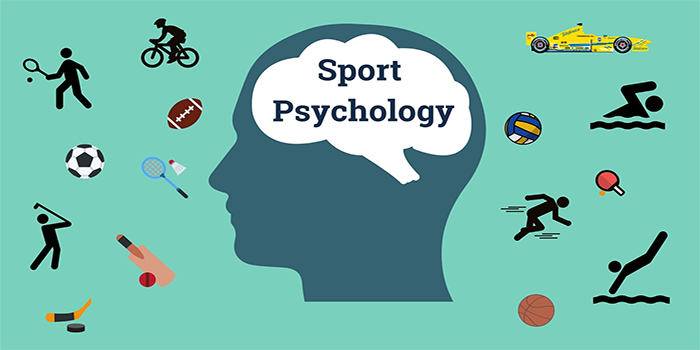
This is one of the most popular areas within the field of sport science. It focuses on how psychological factors affect performance and how coaches and athletes can use psychological principles to enhance performance and well–being. It also examines how to help athletes deal with the pressures of competition and how to develop mental toughness. This field of sport science is often combined with other disciplines such as nutrition, biomechanics, and physiology in order to create an integrated approach to improving performance.
Sports Psychology Training Course
Sports psychology training courses are designed to help athletes and coaches understand the psychological aspects of sport performance and how to use them to maximize their potential. Courses may cover topics such as goal setting, relaxation techniques, mental imagery and coping with pressure. They may also address topics such as motivation and team building, and how to create an environment that encourages athletes to perform at their highest level. Many courses are designed to be taken as part of a professional development program, while others may be taken as standalone classes.
What is the Eligibility for Sports Psychology?
In order to become a sports psychologist, you must have a minimum of a master‘s degree in psychology, typically with an emphasis in sport psychology, clinical psychology, counseling psychology, or a related field. Depending on the state, you may also need a license to practice psychology. In some states, you may need to complete additional coursework, a doctoral degree, and/or an internship to become a licensed psychologist.
What is Sports Psychology Course?
Sports psychology is an interdisciplinary field of study that examines the mental, emotional, and physical factors that influence the performance of athletes and teams. It combines the knowledge and approaches of psychology, sports science, and kinesiology to enhance performance and promote health and wellbeing in athletes. The coursework typically includes topics such as motivational psychology, stress management, performance enhancement, nutrition, and injury management.
How do start a career in sports psychology?
1. Obtain a Bachelor’s Degree: The first step to becoming a sports psychologist is to obtain a Bachelor‘s degree in psychology, exercise science, or a related field. This will provide the foundational knowledge and skills necessary to pursue further education and certification in the field.
2. Earn a Master’s Degree: After completing a Bachelor‘s degree, many aspiring sports psychologists pursue a Master‘s degree in sports psychology. This degree program typically includes courses in mental health, exercise physiology, nutrition, and more.
3. Become Licensed: Depending on the state, aspiring sports psychologists may need to become licensed as a psychologist or mental health counselor in order to practice. Licensing requirements vary by state, so it is important to research the specific requirements for the state in which you plan to practice.
4. Obtain Certification: There are a number of organizations that offer certification in sports psychology, including the Association for Applied Sport Psychology and the American Board of Professional Psychology. These certifications can help demonstrate your expertise in the field and assist in gaining employment.
5. Gain Experience: After obtaining the necessary education and certifications, it is important to gain experience in the field. Volunteer opportunities or internships in sport psychology can help gain experience
Best University for Sports Psychology Training Course in India
1. University of Delhi
2. University of Mumbai
3. Vellore Institute of Technology
4. Manipal Academy of Higher Education
5. Amity University
6. Indian Institute of Technology (IIT) Delhi
7. Presidency University
8. National Institute of Mental Health and Neurosciences (NIMHANS)
9. Delhi Technological University
10. Christ University






